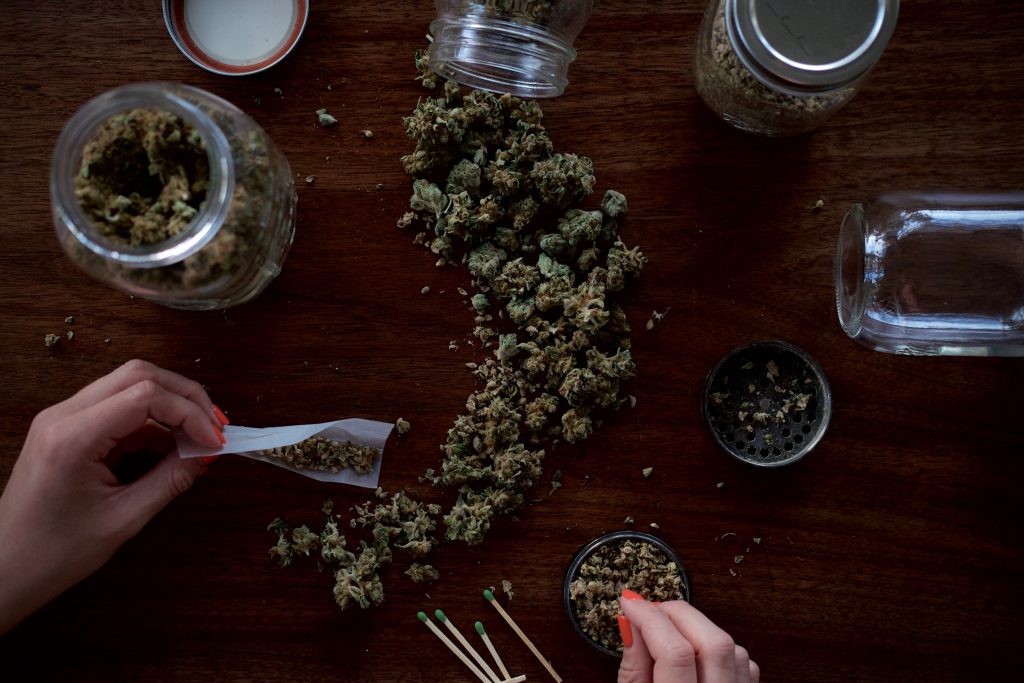
“Cannabis legalization has led to significant health consequences, particularly to patients in emergency departments and hospitals in Colorado. The most concerning include psychosis, suicide, and other substance abuse.”
That’s the opening line from a study published last year by a branch of the National Institutes of Health.
Researchers noted that marijuana use is associated with higher rates of depression, anxiety, and suicide — particularly among adolescents.
The study also highlighted the link between marijuana use and schizophrenia and psychosis, writing,
Previous studies . . . have found substantial evidence of a statistical association between cannabis use and the development of schizophrenia or other psychoses, with the highest risk among the most frequent users. . . . The researchers estimated that 13% of cases of schizophrenia could have been averted if no one in the cohort had used cannabis. These findings have been reproduced repeatedly and across the world.
This is not the first study to link marijuana use with serious problems.
A 2019 study presented at the American Heart Association Scientific Sessions found that marijuana addiction among young people is tied to increased risk of heart problems.
A second study found regular marijuana use increases a young person’s risk of suffering a stroke.
Researchers have repeatedly found marijuana use is tied to stroke as well as permanent loss in IQ and an increased risk for schizophrenia.
That’s part of the reason why the U.S. Surgeon General has issued warnings about marijuana.
Despite the overwhelming evidence that marijuana is a dangerous drug, groups in Arkansas are currently working to legalize marijuana, and Arkansans recently purchased record amounts of so-called “medical marijuana.”
As we have said time and time again: Marijuana may be many things, but “harmless” simply is not one of them.




